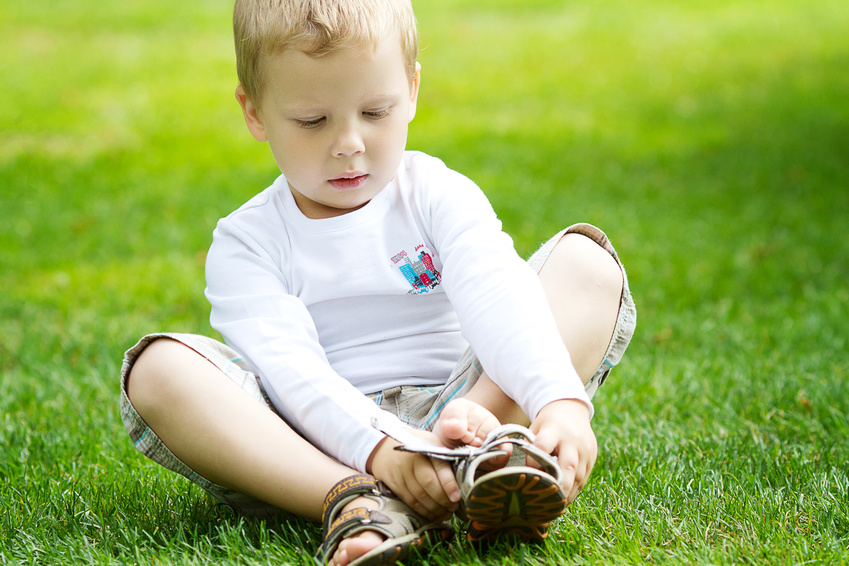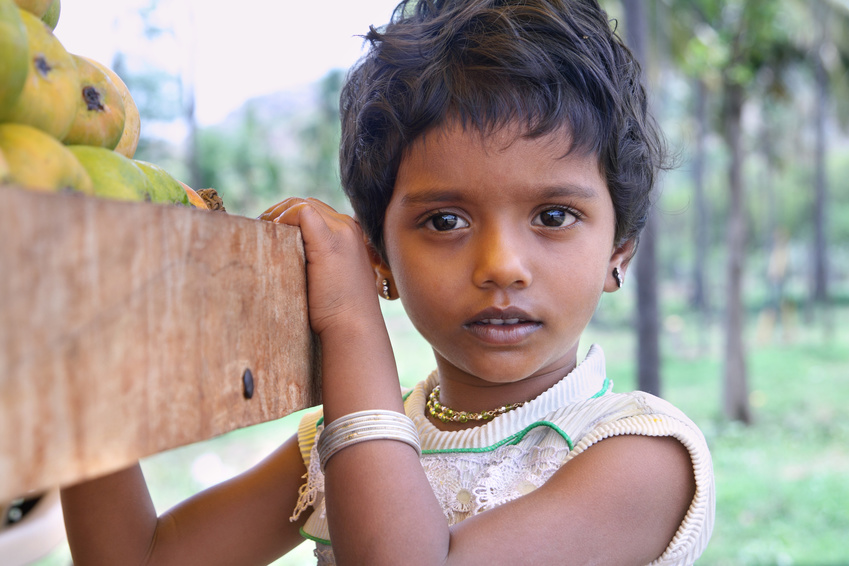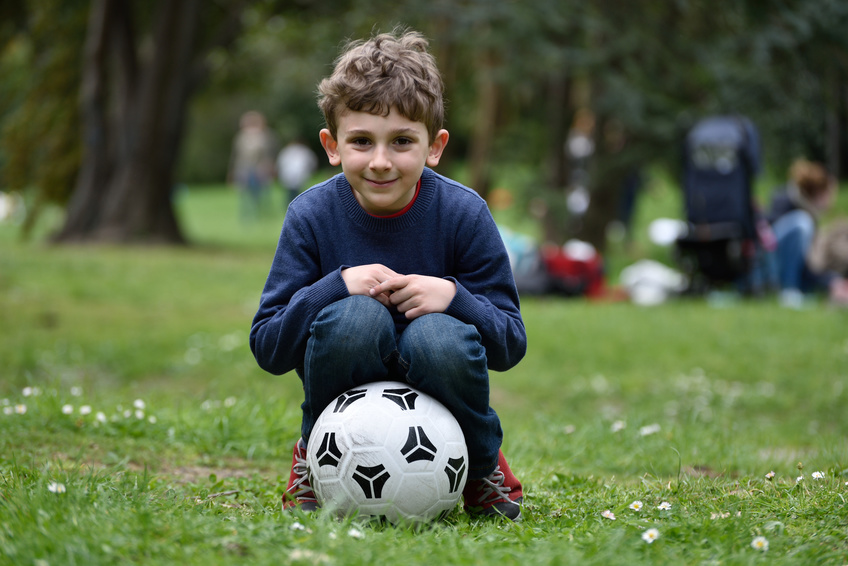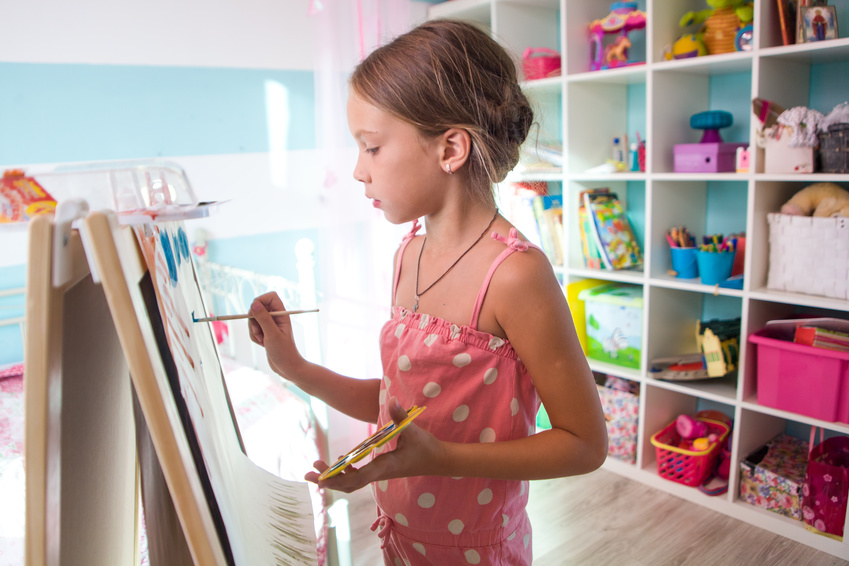Jigsaw Speech, Language and Literacy helps kids to...
When Should I Be Concerned?
Children develop at different rates but there are still many milestones worth noting. Milestones help us determine when our child needs help and relax if we are overly anxious. The following is a helpful guide relating to communication skills across the early years of childhood. Please scroll down to your child’s age.
Regarding stuttering, it is good to know that many pre-school aged children go through a stage of stuttering and 75% of these children will grow out of it. However, if your child has been stuttering for six months or more, irrespective of their age, or is already six years old then therapy is recommended. The success rate of minimising or overcoming a stutter decreases after a child turns seven.

By the age of one, your baby should be able to:
- Respond to familiar sounds, such as the telephone ringing, the vacuum cleaner, or the car in the driveway.
- Understand simple commands, such as “no”.
- Recognise their own name.
- Understand the names of familiar objects or people.
- Say “dad”, “mumma” and a few other words.
- Enjoy songs, music and books.
- Try to make familiar sounds, such as car and animal noises.

By the age of two, your toddler should be able to:
- Say the names of simple body parts, such as nose or tummy.
- Listen to stories and say the names of pictures.
- Understand simple questions, such as, 'Where's your shoe?"
- Use more than fifty words such as, 'no', 'gone', 'mine' and 'teddy'.
- Talk to themselves or their toys during play.
- Sing simple songs such as, 'Twinkle twinkle little star'.
- Use some pronouns instead of names, such as 'he' and 'it'.
- Try simple sentences such as, 'milk all gone'.

By the age of three, your child should be able to:
- Understand how objects are used – a crayon is something to draw with.
- Recognise their own needs, such as hunger.
- Follow directions.
- Use three to four word sentences.
- Begin to use basic grammar.
- Enjoy telling stories and asking questions.
- Have favourite books and television programmes.
- Be understood by familiar adults.
- Most children will say these sounds clearly by the time they are three – p, b, m, w, t, d, n, k, g, h & y.

By the age of four, your child should be able to:
- Understand shape and colour names
- Understand some “time” words, such as lunch time, today, winter
- Ask who, what and why questions
- Use lots of words, about 900, usually in four to five word sentences
- Use correct grammar with occasional mistakes, such as “I falled down”s
- Use language when playing with other children
- By four and a half years, children will also be able to say – s, z, sh, ch, l, j & f. Most children can be understood most of the time by this age

By the age of five, your child should be able to:
- Understand opposites, such as high and low, wet and dry, big and little
- Use sentences of about six words with correct grammar
- Talk about events which are happening, have happened or might happen
- Explain why something happens, such as “Mum’s car stopped because the petrol ran out”
- Explain the function of objects, for example, “This scrunchie keeps my hair away”
- Follow three directions, for example, “Stand up, get you shoes on and wait by the door”
- Say how they feel and tell you their ideas
- Become interested in writing, numbers and reading things
- Speak clearly enough to be understood by anyone

By six years of age most children are learning to read and write in Australia. By this age, in addition to all of the previous achievements, children should now be able to
- Aware of rhyme
- Break words into syllables
- Tell you what the first, middle and last sounds of a word are
- Blend sounds together to make words.
- Answer complex questions such as ‘What will happen next if ….?’ or ‘What could she do?’

From seven years of age onwards we are looking for similar issues to determine the need for therapy. A child may benefit from therapy if they are…
- Struggling to understand what you are saying
- Having difficulties following instructions.
- Making consistent grammatical errors when they talk or have a limited vocabulary compared to other children their age
- Finding it hard to remember the word(s) they want to use
- Not easily understood by everybody
- Struggling to learn to read and write
- Struggling to understand what they read
- Struggling socially because they find it hard to communicate in socially appropriate ways
- Finding it difficult to understand humour
- Unable to participate in a complex conversation
- Having general learning difficulties
- By eight and a half years, children can say all of the sounds clearly. The last sounds to develop are – v, th, r.
If your child’s development sounds quite different from the ages and stages outlined above, or if you or your child’s teacher is concerned please contact me on 3146 4114. Jigsaw Speech, Language and Literacy can help your child.
To see a relevant fact sheet on children’s development from Speech Pathology Australia please click on the links below.
Who helps kids learn to read?
Speech pathologists do! We are university trained to assist people develop the skills that underpin literacy development and the skills required to see functional reading and writing emerge. We are trained to integrate many language skills into literacy work so that a child doesn't learn just to decode what is on the page but to understand, enjoy and share the story too. Click here to find out what else a speech pathologist can help your child with.







